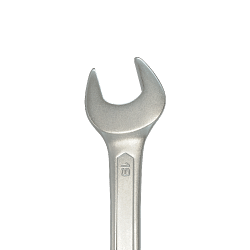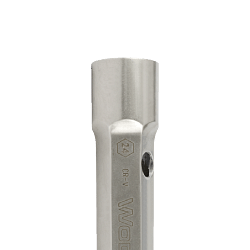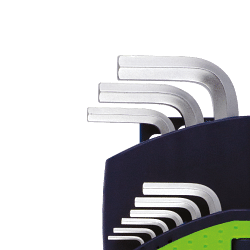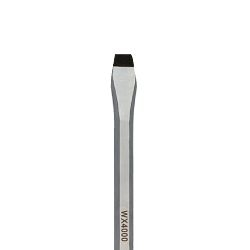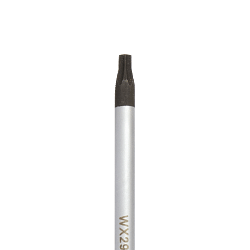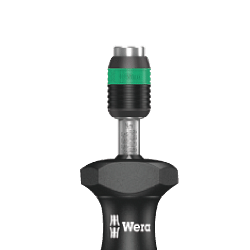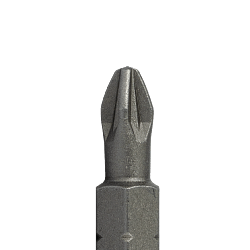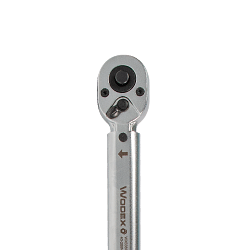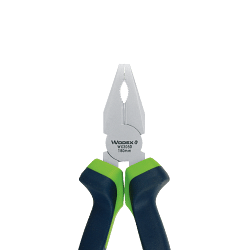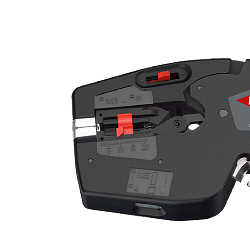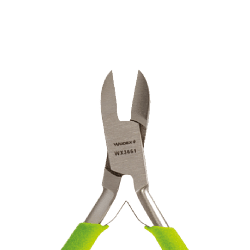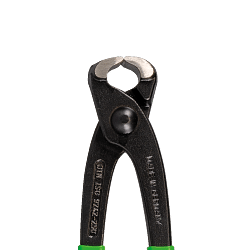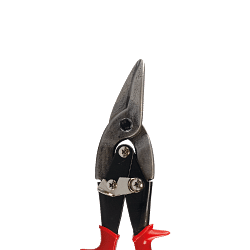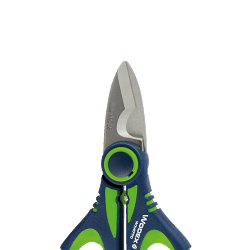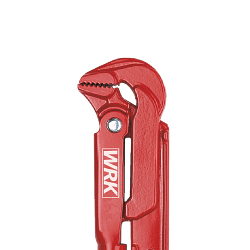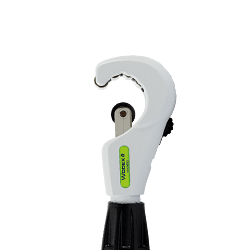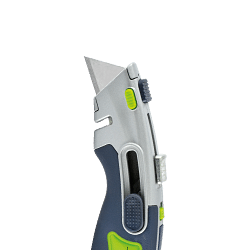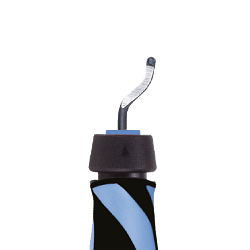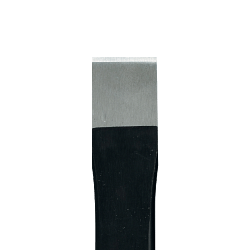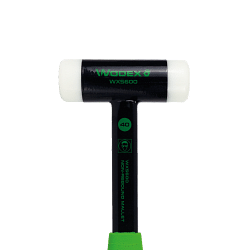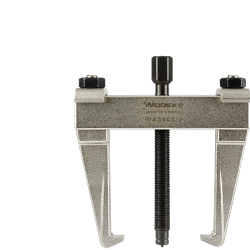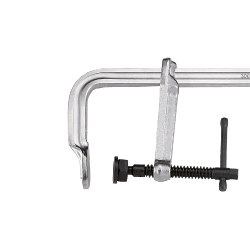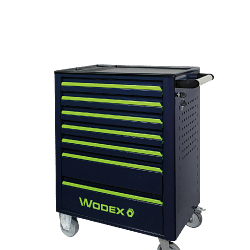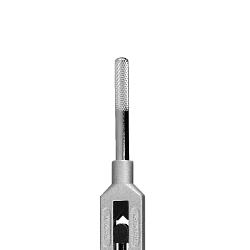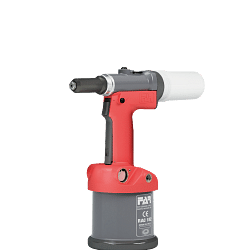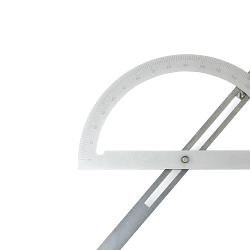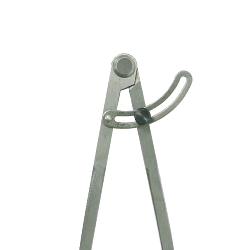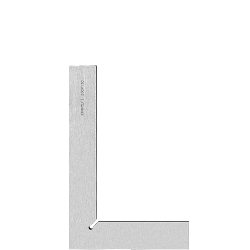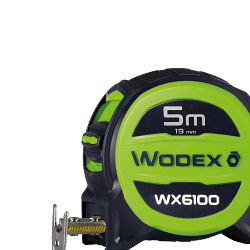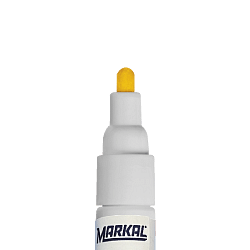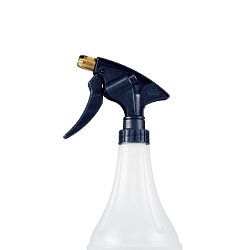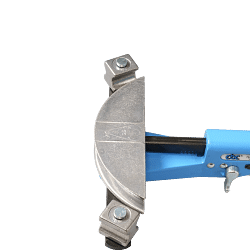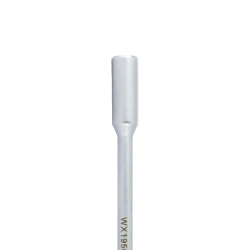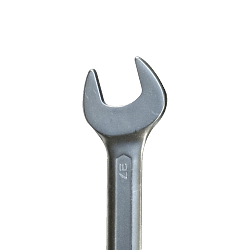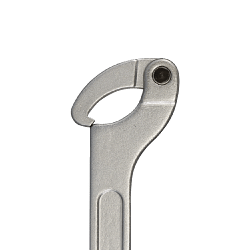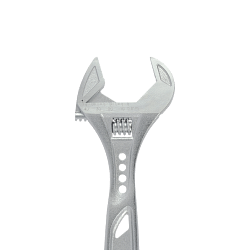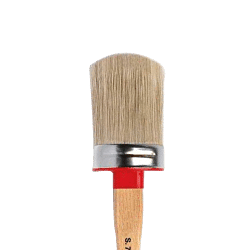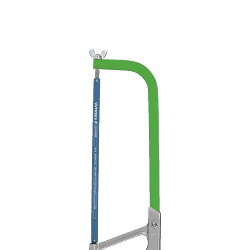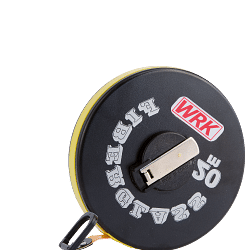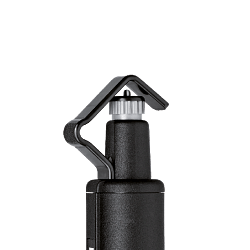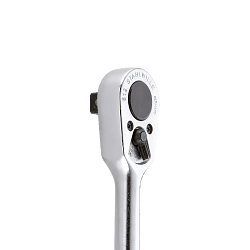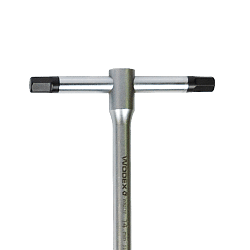Register and use the discount code NEWWELCOME to get 10% off on your first purchase. GET DISCOUNT.
Register and use the discount code NEWWELCOME to get 10% off on your first purchase. GET DISCOUNT.
Register and use the discount code NEWWELCOME to get 10% off on your first purchase. GET DISCOUNT.
Free shipping in 24h from 200€
Catalogues
Customer service
How can we help you?
- Faq
- Customer service
02.927371
- Supporting big orders
02.38298620
-
info@linkindustrialtools.it
- Request assistance with form
Or contact us with the chat in the lower right corner
- All products
 Integral cutting tools
Integral cutting tools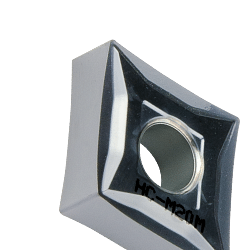 Turning tools
Turning tools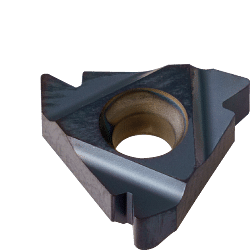 Thread tools
Thread tools Thread tools
Thread tools- All products
- Thread inserts
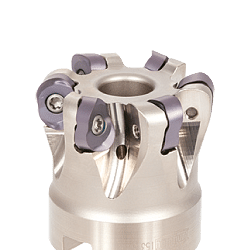 Milling cutters
Milling cutters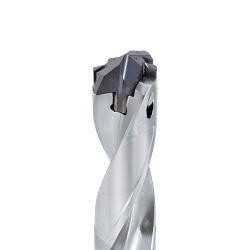 Drilling tools
Drilling tools Drilling tools
Drilling tools- All products
- Indexable drill bits
- Indexable drill heads
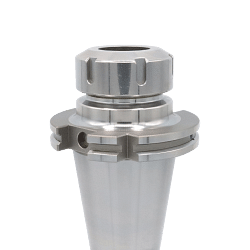 Clamping systems
Clamping systems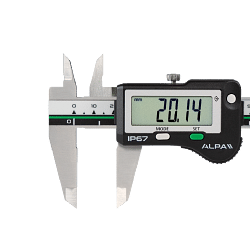 Measuring and precision tools
Measuring and precision tools Measuring and precision tools
Measuring and precision tools- All products
- Digital calipers with readings to 0.01
- Analogue calipers
- Digital micrometers
- Analogue micrometers
- Bore gauges
- Snap gauges
- Digital gauges
- Analogue gauges
- Touch probes
- Zero setters and edge finders
- Inspection plates
- Altimeters
- Height gauges
- Squares and levels
- Threaded rings
- Gauge blocks
- Calibrated tapes and thickness gauges
- Digital and analogue hardness testers
- Roughness testers
- Microscopes, lenses and visors
- Digital thermo-hygrometer to measure moisture
- Reset benches
- Optical profile projector
- Professional, digital dynamometers
- Laboratory scales
- Digital amperometric pliers
- Thickness and adhesion gauges
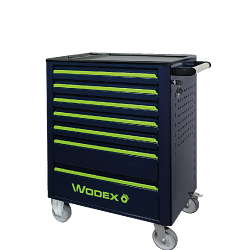 Hand tools
Hand tools Hand tools
Hand tools- All products
- Combination wrenches
- Spanners
- Hook wrenches
- Tubular wrenches
- Hexagon keys
- Torx wrench
- Socket wrenches
- Screwdrivers
- Torque wrenches
- Torque screwdriver
- Inserts and bits for screw drivers
- Tool trolleys
- Workshop pliers
- Wire strippers
- Cable strippers
- Cutting nippers
- Professional scissors
- Nippers
- Professional shears
- American or Swedish pipe wrench
- Adjustable wrench
- Pipe tools
- Pipe cutter for plumber
- Cutter
- Hacksaws
- Deburring tools
- Chisels
- Hammers and mallets
- Mechanical and conical pullers
- Clamps
- Tap wrenches and die stocks
- Riveters
- Flexometers
- Tape measures
- Markers
- Flat squares and rulers
- Professional dividers
- Professional protractors
- Brushes
- Lubricators and spray nozzles
- T-wrenches
- Reversible ratchets
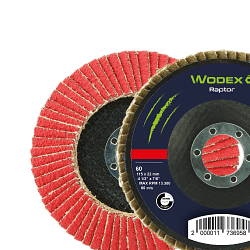 Abrasives
Abrasives Abrasives
Abrasives- All products
- Cutting discs
- Deburring grinding wheel
- Flap discs
- Fabric discs for surface treatment
- Abrasive fibre discs with Velcro
- Abrasive cloth in rolls, sheets and bands
- Flap wheels with pin and abrasive wheel with hole
- Abrasive wheels for buffing machines
- Abrasive spiral bands
- Abrasive brushes
- Flexible sanders
- Mounted grinding discs
- Polishing felt
- Solid carbide rotary cutters
- HSS rotary cutters
- Abrasive wheels for sharpening and grinding
- Diamond grinding wheels
- Grinding stone
- Diamond paste
- Abrasive stones
- Files and rasps
- Diamond files
- Grinders and polishing equipment
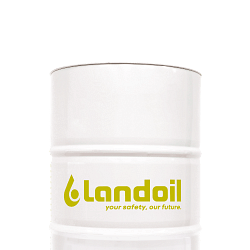 Lubricants for machine tools
Lubricants for machine tools Lubricants for machine tools
Lubricants for machine tools- All products
- Water-miscible coolants
- Neat cutting oil
- Minimal lubrication systems
- Oil for guides and slides
- Drums of hydraulic oil fluid
- Anti-freeze for machine tools
- Air coolers
- Oil separator
- Powders and absorbents for oil
- Aspirators for oil mist
- Accessories for cooling lubricants
- Metal and mould protectors
- Grease and paste
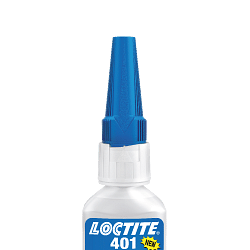 Chemical, adhesives and sealants
Chemical, adhesives and sealants Chemical, adhesives and sealants
Chemical, adhesives and sealants- All products
- Acrylic, cyanoacrylate and epoxy adhesives
- Guns and silicon sealant
- Threadlocker
- Sealants and retainers
- Release agents, lubricants and anti-seize
- Zinc spray and polishes
- Lubrication accessories
- Protections for maintenance
- Industrial Cleansing
- Handwash
- Industrial cloths and rags
- Welding machines
- Electrodes
- Clamps, shields and welding masks
- Antispatter
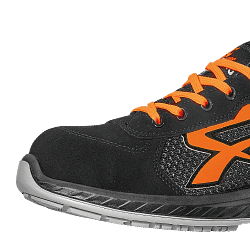 Safety equipment
Safety equipment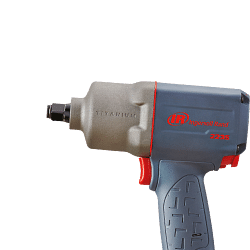 Pneumatics
Pneumatics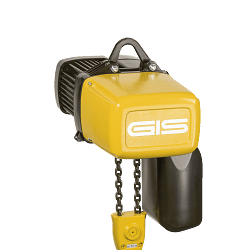 Lifting systems
Lifting systems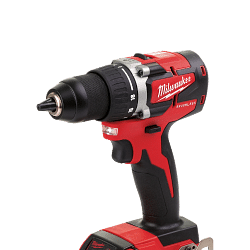 Workshop equipment
Workshop equipment Workshop equipment
Workshop equipment- All products
- Column and bench drills
- Accessories for lathes
- Band saws
- Cut-off machines
- Bench grinders
- Power tools
- Spare parts and accessories for Power Tools
- Saws and hole cutters: wood, metal and plasterboard
- Tapered cutters for sheet metal
- Industrial aspirators
- Fume aspirators
- Bench vices
- Technical lamps
- LED torches
- Industrial cable winders
- Trolley wheels
- Quick clamps
- Threaded inserts
- Control knobs
- Packaging accessories and material
- Belt sanders
- Electric tapping machines
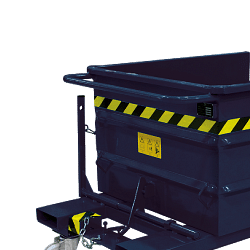 Furnishings and storage
Furnishings and storage Furnishings and storage
Furnishings and storage- All products
- Work benches
- Swivel chairs for office use
- Drawer units for workshops
- Industrial cabinets for warehouses and workshops
- Tool cabinets
- Security cabinets
- Changing room cabinets
- Containers for small metal parts
- Scrap holders
- Workshop trolleys
- Spill pallets for drum storage
- Shelves for warehouses and offices
- Cantilever shelving
- Aluminium ladders
- Modular plinths
- Units and cabinets for waste recycling
 Brand
BrandPromotions
 Bestseller
Bestseller- Catalogues
-
Catalogues
Customer service
How can we help you?
- Faq
- Customer service
02.927371
- Supporting big orders
02.38298620
-
info@linkindustrialtools.it
- Request assistance with form
Or contact us with the chat in the lower right corner
< Hand tools
- Home
- Hand tools
- Flexometers
Flexometers
Flexometers are essential tools in the world of machine shops and industry in general. These measuring devices, also known as tape measures, are designed to provide accurate and reliable measurements, a crucial aspect in any technical work environment. In this in-depth look, we will explore in detail what flexometers are, how they are used, the benefits they offer, and answer some of the most frequently asked questions about these indispensable tools.
What are flexometers and how do they work
Flexometers are portable measuring instruments consisting of a flexible metal tape wound inside a container. The tape is graduated in units, usually in millimetres and centimetres, and can be extended and retracted easily. Their flexible design allows them to measure curved or irregular surfaces, making them extremely versatile. The integrated locking mechanism allows the tape to be fixed in place, ensuring stable and accurate measurements.
Practical applications of flexometers in machine shops
In machine shops, flexometers are used for a wide range of applications. From measuring metal components to checking the dimensions of machined parts, these instruments are essential to ensure that technical specifications are met. Accuracy is essential in this context, as even a small discrepancy in measurements can lead to significant problems in the assembly or operation of components.
Advantages of using flexometers
One of the main advantages of flexometers is their portability. Being light and compact, they can be easily transported and used in different working environments. In addition, their ability to measure curved or irregular surfaces makes them ideal for applications where other measuring instruments may not be suitable. The precision and reliability of flexometers are further strengths, ensuring that measurements are always accurate.
How to choose the right flexometer for your needs
When choosing a flexometer, it is important to consider several factors. The length of the tape is one of the main aspects to evaluate, as it determines the range of measurements that can be taken. Flexometers are available in different lengths, from a few metres to over ten metres, depending on your specific needs. In addition, it is important to consider the quality of the tape material and the clarity of the graduations, which influence the accuracy of measurements.
Maintenance and care of flexometers
To ensure that flexometers maintain their accuracy and durability, it is essential to take proper care of them. After each use, it is advisable to clean the tape to remove dust and debris that could affect measurements. In addition, it is important to avoid bending or damaging the tape, as this could affect its ability to stretch and retract correctly. Storing the flexometer in a dry and protected place will help preserve its functionality.
Frequently asked questions about flexometers
1. What is the difference between a flexometer and a caliper?
While both are measuring instruments, flexometers are designed to measure lengths and distances, while calipers are used to measure inside and outside diameters, thicknesses and depths.
2. Can flexometers be used for precision measurements?
Yes, flexometers are designed to provide precise measurements, but for applications requiring extremely high accuracy, such as precision machining, more advanced measuring instruments may be needed.
3. How do I calibrate a flexometer?
Calibrating a flexometer is generally done by comparing measurements with a known reference standard. If discrepancies are found, it may be necessary to replace the flexometer.
4. What materials are used for the tape measures?
Flexometer tapes are usually made of stainless steel or carbon steel, materials that offer strength and durability. Some models may have a nylon coating for added protection.
5. Are digital flexometers better than traditional ones?
Digital flexometers offer digital readings that may be easier to interpret than traditional scales. However, the choice between digital and traditional depends on personal preference and the specific needs of the application.
Conclusion
Flexometers are indispensable tools in machine shops and many other industries. Their ability to provide accurate and reliable measurements makes them essential for ensuring that components and finished products meet required specifications. Choosing the right flexometer and caring for it properly will ensure that it continues to deliver excellent performance over time. With a thorough understanding of their features and applications, flexometers can be used to their full potential, contributing to the success of any industrial project.
Read More Read LessWhat are flexometers and how do they work
Flexometers are portable measuring instruments consisting of a flexible metal tape wound inside a container. The tape is graduated in units, usually in millimetres and centimetres, and can be extended and retracted easily. Their flexible design allows them to measure curved or irregular surfaces, making them extremely versatile. The integrated locking mechanism allows the tape to be fixed in place, ensuring stable and accurate measurements.
Practical applications of flexometers in machine shops
In machine shops, flexometers are used for a wide range of applications. From measuring metal components to checking the dimensions of machined parts, these instruments are essential to ensure that technical specifications are met. Accuracy is essential in this context, as even a small discrepancy in measurements can lead to significant problems in the assembly or operation of components.
Advantages of using flexometers
One of the main advantages of flexometers is their portability. Being light and compact, they can be easily transported and used in different working environments. In addition, their ability to measure curved or irregular surfaces makes them ideal for applications where other measuring instruments may not be suitable. The precision and reliability of flexometers are further strengths, ensuring that measurements are always accurate.
How to choose the right flexometer for your needs
When choosing a flexometer, it is important to consider several factors. The length of the tape is one of the main aspects to evaluate, as it determines the range of measurements that can be taken. Flexometers are available in different lengths, from a few metres to over ten metres, depending on your specific needs. In addition, it is important to consider the quality of the tape material and the clarity of the graduations, which influence the accuracy of measurements.
Maintenance and care of flexometers
To ensure that flexometers maintain their accuracy and durability, it is essential to take proper care of them. After each use, it is advisable to clean the tape to remove dust and debris that could affect measurements. In addition, it is important to avoid bending or damaging the tape, as this could affect its ability to stretch and retract correctly. Storing the flexometer in a dry and protected place will help preserve its functionality.
Frequently asked questions about flexometers
1. What is the difference between a flexometer and a caliper?
While both are measuring instruments, flexometers are designed to measure lengths and distances, while calipers are used to measure inside and outside diameters, thicknesses and depths.
2. Can flexometers be used for precision measurements?
Yes, flexometers are designed to provide precise measurements, but for applications requiring extremely high accuracy, such as precision machining, more advanced measuring instruments may be needed.
3. How do I calibrate a flexometer?
Calibrating a flexometer is generally done by comparing measurements with a known reference standard. If discrepancies are found, it may be necessary to replace the flexometer.
4. What materials are used for the tape measures?
Flexometer tapes are usually made of stainless steel or carbon steel, materials that offer strength and durability. Some models may have a nylon coating for added protection.
5. Are digital flexometers better than traditional ones?
Digital flexometers offer digital readings that may be easier to interpret than traditional scales. However, the choice between digital and traditional depends on personal preference and the specific needs of the application.
Conclusion
Flexometers are indispensable tools in machine shops and many other industries. Their ability to provide accurate and reliable measurements makes them essential for ensuring that components and finished products meet required specifications. Choosing the right flexometer and caring for it properly will ensure that it continues to deliver excellent performance over time. With a thorough understanding of their features and applications, flexometers can be used to their full potential, contributing to the success of any industrial project.


